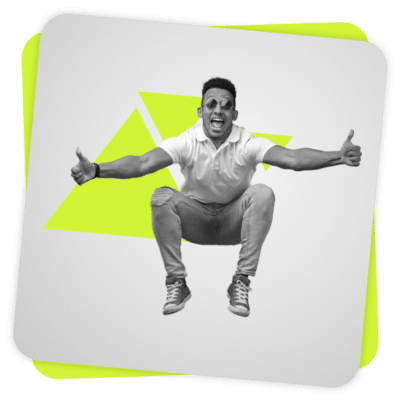Agentic AI Use Cases in HR: Why Employee Experience Is the Next Frontier for AI
Poornima Farrar
Chief Product Officer
Why Employee Experience Is the Next Frontier for AI
Let’s talk about self-service AI in HR.
When they need help, employees don’t think in systems — they think in questions:
- I need to update my benefits. I forgot how. Where’s the link?
- Who do I talk to about PTO rollover?
- It’s 8:30 p.m. – why can’t I get a simple answer about my onboarding forms?
But when they ask those questions, most HR tech and self-service tools don’t answer.
For all the investment in HR platforms over the past decade, the whole experience still feels surprisingly analog: portals that dead-end, forms that don’t autofill, help desks that hand off instead of help. Employees aren’t looking to navigate a whole digital ecosystem. They’re just trying to get the answer they need.
That’s where self-service AI in HR comes in, and why it’s quickly becoming a defining feature of an effective, modern employee experience.
At Rival, improving employee experience is a top goal of how we use AI. We believe AI shouldn’t just automate tasks. It should make people’s working lives easier, faster, and more human. That’s the promise of agentic AI: systems that don’t just act, but understand. When you combine knowledge agents (which know what’s needed) with automation agents (which take care of it), you create a new kind of self-service — one that’s not just functional, but genuinely helpful.
From Help Desk to Human Partner: What Self-Service AI in HR Can Do
In the past, self-service in HR has long meant clicking through a portal, filling out a form, and hoping it reaches the right person. It worked (sort of) as long as requests were simple and formulaic, employees were patient, and support teams were fully staffed.
But expectations have shifted. People want smarter, more personalized support — and they want it on their terms. That’s where agentic AI changes the game.
By combining knowledge agents (which understand the question, the user, and the context) with automation agents (which act to resolve the need), self-service becomes something more than efficient. It becomes intuitive.
Here’s are a few examples:
- An employee asks about PTO rollover. Their knowledge agent responds instantly, referencing their specific location, tenure, and policy tier — no handbook hunting required.
- An employee submits a leave request and their automation agent kicks off the necessary approvals, updates company calendars, and alerts payroll.
- An employee has just taken a business trip. A nudge appears: “Don’t forget to submit receipts by Friday to avoid expense delays.” Helpful, timely, and context-aware.
In these moments, AI is less a chatbot and more quiet advisor. It cuts through complexity without needing a help ticket, an FAQ link, or a reminder from HR. That’s what it means to move from transactional support to intelligent guidance, and that’s already happening inside Rival’s platform.
The Employee Impact: Simpler, Faster, More Human Support
For employees and candidates, great HR doesn’t look like a dashboard or a workflow. It looks like getting what they need — quickly, clearly, and without jumping through hoops.
When agentic AI powers the experience, that support becomes immediate, personalized, and intuitive. Here’s what that looks like across the moments that matter most.
Candidate Experience
Candidates form opinions about your company long before they speak to a recruiter. Slow responses, unclear timelines, or generic outreach can quietly erode interest and trust.
Agentic AI changes that. A knowledge agent can surface relevant information — benefits, location-specific policies, or timelines — without requiring recruiter follow-up. Automation agents can handle interview scheduling, status updates, and even generate role-specific FAQs based on job level or department.
Imagine this: A candidate gets a personalized outreach message based on their skills and likely readiness to move. They schedule their interview in one click. Within minutes, they receive a follow-up with helpful tips about your team culture and onboarding flow. It’s seamless. And it doesn’t require human intervention until it matters.
Onboarding
Once someone’s hired, that first impression needs to continue. Traditional onboarding systems are often rule-based and rigid. But with agentic AI, the experience becomes tailored and dynamic.
New hires are guided through orientation with steps personalized to their department, region, or role. They get real-time support for questions, automatic nudges for missing documents, and access to relevant materials without HR handholding.
For the employee, it feels organized and supportive. For HR, it reduces friction, delays, and the repetitive follow-ups that typically slow things down.
Day-to-Day Workflows and Support
Even outside the high-stakes moments, small inefficiencies and frustrations add up. Changing benefits, tracking down policies, and requesting a form are all micro-frustrations that distract people from meaningful work.
With self-service AI in HR, employees can ask a natural-language question like “How do I add a dependent?” and get a clear, accurate answer that reflects their plan, their timeline, and their location. No ticket required. No lag.
Automation agents can handle the approval or update, route documents, and even notify relevant stakeholders while escalating to an HR human if anything’s unclear.
Learning and Growth
Development shouldn’t depend on a manager’s memory or an annual review cycle. AI can proactively identify skill gaps, recommend training based on role or interest, and surface internal opportunities employees might not know to ask about.
This is where agentic AI becomes empowering. When people have insight into their own growth paths, they’re more engaged, more prepared, and more likely to stay.
Better EX is Better for HR: Smoother Service, Less Strain
All of this creates a better employee experience, and changes the game for HR.
When employees and candidates can access the information and actions they need on their own, HR is freed from constant support work and service quality is improved across the board. Without repeated questions, common blockers, trends in training gaps or onboarding delays, HR can get ahead of issues instead of reacting to them.
And because the system handles execution as well as understanding, HR can trust that answers are consistent, acted on, documented, and auditable.
What you get is scalable HR support that’s both more responsive and more resilient — and a team that can spend more time on strategy, culture, and development.
Why Agentic AI Is the Future of EX
Automation alone can speed things up. But only agentic AI can make employee experiences feel genuinely human.
By combining knowledge agents with automation agents, HR platforms can:
- Deliver support that adapts to individual needs
- Anticipate and prevent problems — getting out of reactive mode
- Guide people with empathy and efficiency
It’s really not magic. It’s just good architecture. And it’s already redefining how people interact with work and with their HR departments. The result? A employee experience of HR that feels more personalized and less frustrating.
Better Experiences, Powered by Intelligence
At Rival, we believe employee experience is the front door to your culture. It shapes how people feel, how they perform, and whether they stay. It can’t just be a service layer issue. That’s why we’ve built our platform to support self-service AI in HR that removes friction, creates clarity, and supports people before they even ask.
When EX is intuitive, HR becomes more strategic. When support is smarter, people feel seen. And when intelligence is built to serve, the entire organization benefits.
Want to see what a truly agentic employee experience looks like? Book a demo or explore our Rival employee portal solutions today.


















